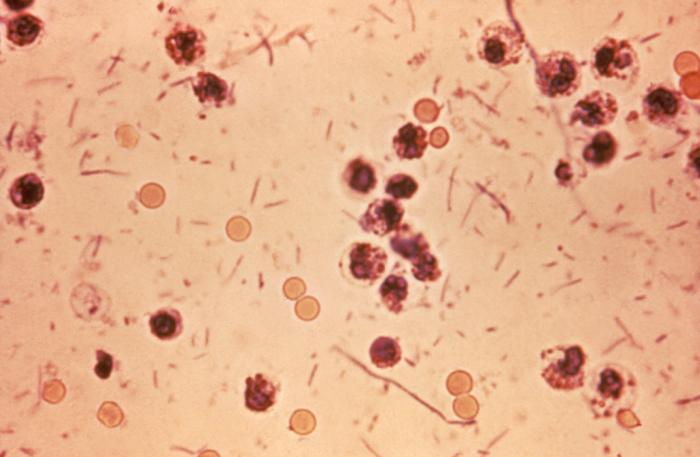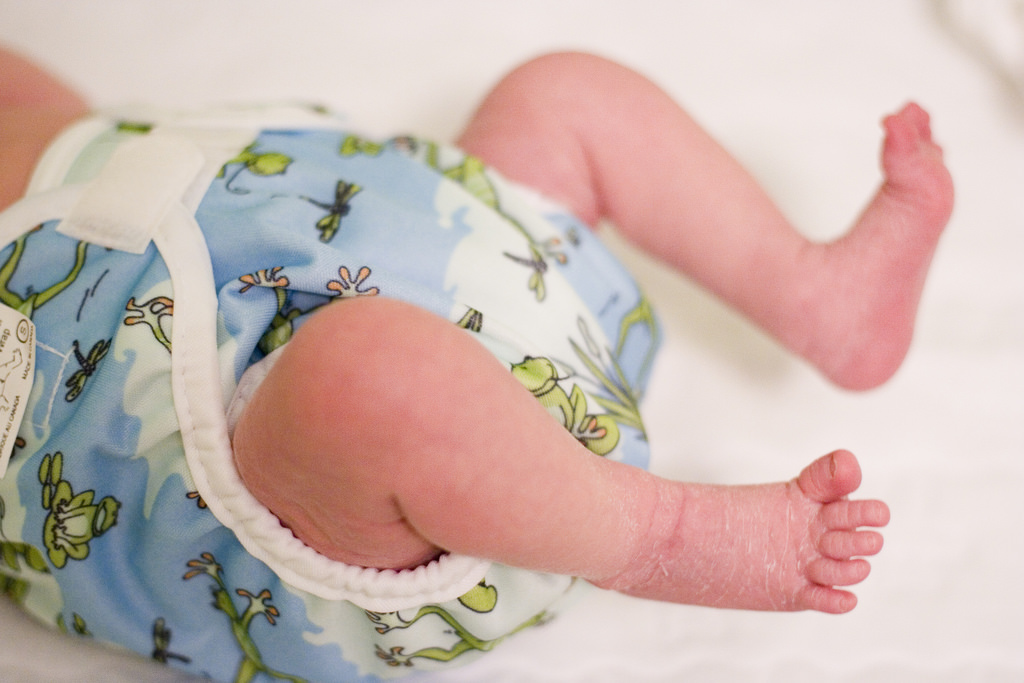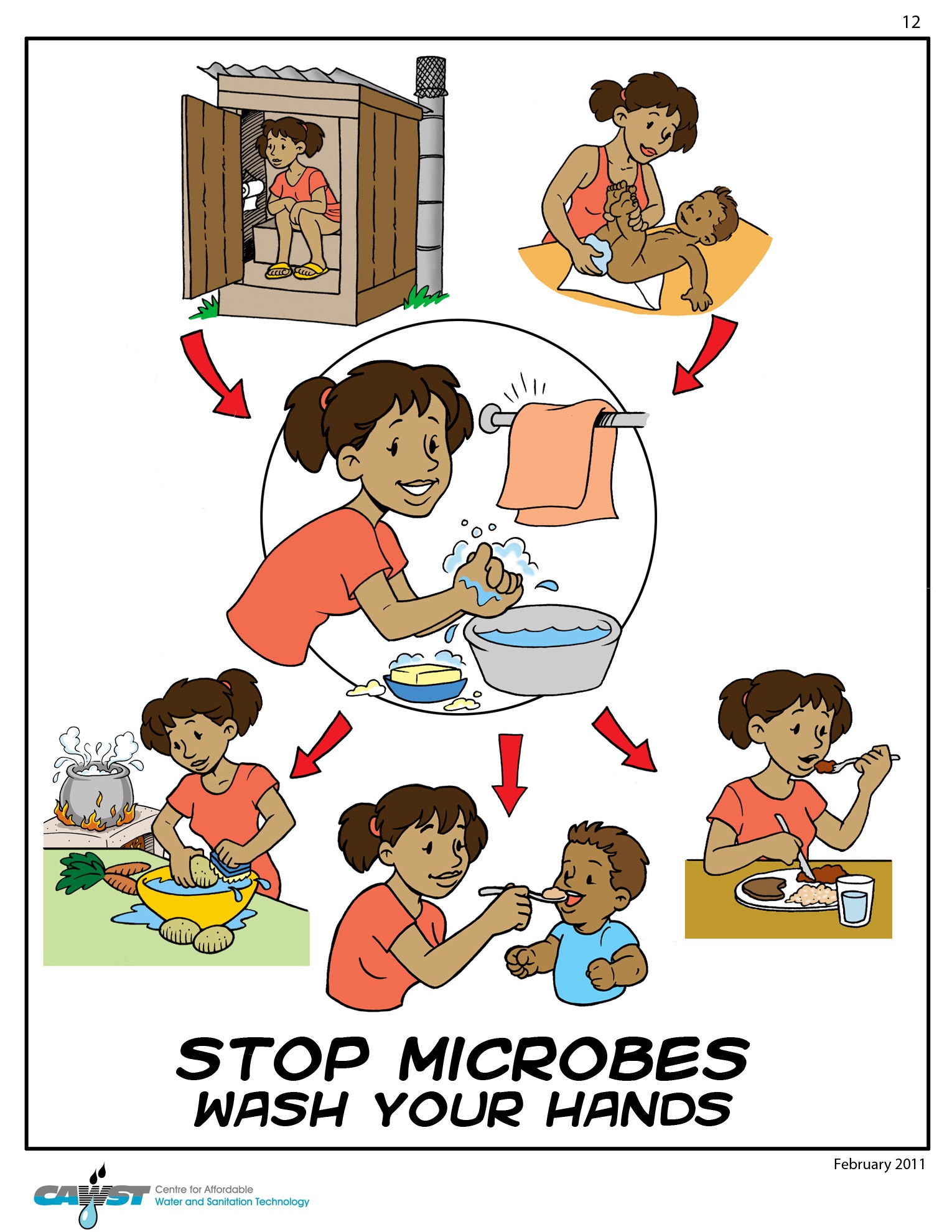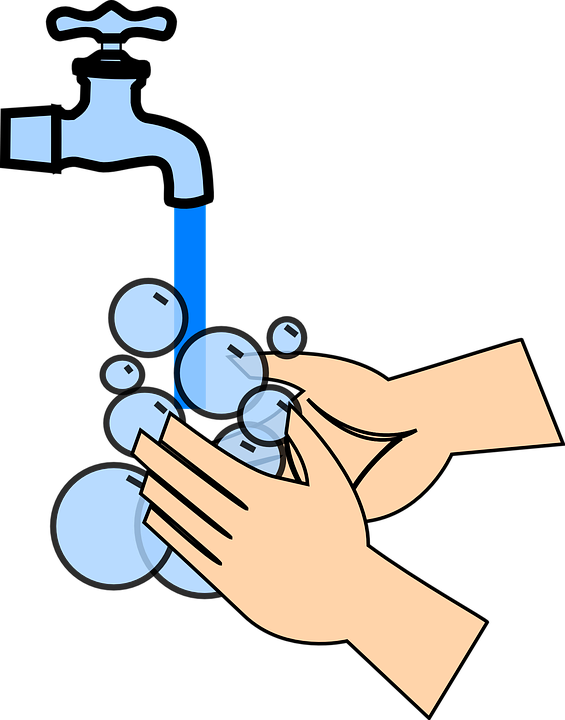Shigellosis
Report a Case
Disease Reporting Line:
(808) 586-4586
About This Disease
Shigellosis is an infection of the intestine caused by a group of bacteria called Shigella. It causes diarrhea which may be bloody, and can cause severe dehydration, particularly among young children or elderly persons. Shigellosis is highly contagious as exposure to a few organisms can make you sick. Dysentery is caused by infection with one particular Shigella species (Shigella dysenteriae).
Signs and Symptoms
The symptoms usually begin 1 to 3 days following infection with the bacteria, but the onset may occur in as few as 12 hours to 96 hours. The symptoms include diarrhea (often bloody), abdominal pain, stomach cramps, and fever. Sometimes people infected with Shigella have no symptoms at all, but can still pass the bacteria to others. The illness usually lasts on average 4–7 days.
Transmission
Shigella is found in the stool (feces) of infected people, in food or water contaminated by an infected person, and on surfaces that have been touched by infected people. It often occurs in toddlers who are not fully toilet-trained. Family members and playmates of children infected with Shigella are at high risk of becoming infected. Shigella can spread easily in environments such as day care facilities.
People become infected with Shigella by:
- Eating food or drinking liquids contaminated by an infected person.
- Touching contaminated surfaces or objects and then touching their mouth or putting a contaminated object into their mouth.
- Swallowing recreational water contaminated with Shigella (recreational water includes streams, rivers, springs, ponds, swimming pools, hot tubs, Jacuzzis, and water park fountains).
- Not washing hands after using the bathroom or changing diapers and then eating foods.
- Engaging in certain sexual practices that may permit fecal-oral transmission.
Diagnosis
Other bacteria and viruses can cause similar illnesses. Your doctor can order tests to detect Shigella bacteria in stool.
Treatment
Fluid and electrolyte replacement is most important. Most persons with shigellosis will recover without treatment. However, a doctor can prescribe medicine to treat severe cases of the disease. In general, antidiarrheal medications are not recommended because they may prolong the illness.
Risk in Hawaii
Shigella bacteria are common worldwide. While people of all ages can become infected, Shigellosis is most common in children under 10 years of age. The very old as well as the immunocompromised are at higher risk of developing severe infections.
Prevention
- Students with diarrhea should stay home from school until the diarrhea stops. Food handlers, day care workers, and health care workers should not return to work until they have their doctor’s permission, usually after two lab tests showing they are no longer infected.
- Wash your hands thoroughly with soap and water after using the toilet or changing diapers. After changing diapers, wash the child’s hands as well as your own.
- Wash your hands thoroughly before preparing or serving food and before eating or feeding children.
- Avoid sexual practice that may permit fecal-oral transmission.
- Keep flies from contaminating food.
Information for Clinicians
Shigellosis is a ROUTINE/ENTERIC (enteric prevention priority) notifiable condition and must be reported by phone if the individual is a food handler, direct care provider, or pre-school aged child. Otherwise routine reports may be used.
Disease Reporting Phone Numbers (24/7)
Oahu (Disease Investigation Branch): (808) 586-4586
Maui District Health Office: (808) 984-8213
Kauai District Health Office: (808) 241-3563
Big Island District Health Office (Hilo): (808) 933-0912
Big Island District Health Office: (Kona) (808) 322-4877
After hours on Oahu: (808) 600-3625
After hours on neighbor islands: (800) 360-2575 (toll free)
For more information: Centers for Disease Control and Prevention | CDC
Last Reviewed: June 2024




